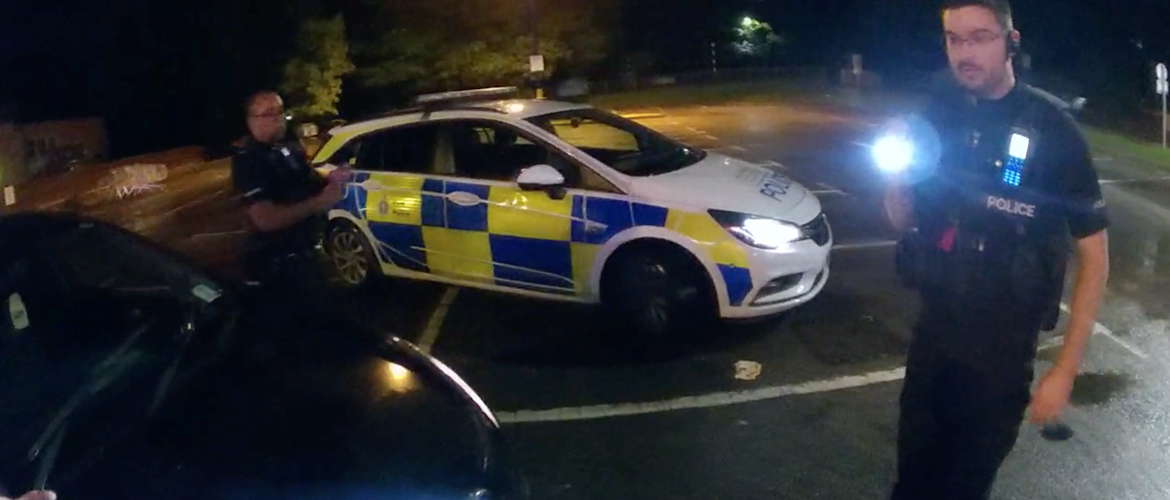Case Study: Drink Driving Charge Dismissed After Police Fail to Give Statutory Warning

When you are accused of drink driving, it can feel like the odds are stacked against you. Many motorists believe that once a specimen has been provided, whether breath, blood or urine – conviction is inevitable. In reality, strict rules govern how the police must conduct these procedures. If the rules are not followed, the evidence can become inadmissible, often leading to the case being dropped.
This recent case, handled by our team at MAJ Law, highlights how vital it is to challenge every aspect of the prosecution’s case.
Background to the Case
Our client was stopped late at night and taken to the police station after being accused of drink driving. With no previous convictions and an unblemished character, the situation was terrifying.
They were particularly worried about the consequences of a conviction, which could include:
-
A minimum 12-month driving ban
-
A criminal record that may affect employment and travel
-
Significant financial penalties
-
Long-term damage to their personal and professional reputation
For many of our clients, losing a licence is not just inconvenient, it can mean losing their livelihood.
What Is the Statutory Warning?
Under the Road Traffic Act 1988, before asking for a specimen of breath, blood or urine, the police must provide what is known as the statutory warning.
This warning informs the motorist that:
-
Failure or refusal to provide a specimen without reasonable excuse is a criminal offence.
-
Refusal carries the same penalties as providing a sample above the legal limit.
The statutory warning exists to protect individuals and ensure fairness. Without it, the process is unlawful. Courts have repeatedly confirmed that a failure to give the warning makes the evidence invalid.
**For more on this topic, see our guide: Failing to Provide a Specimen.
Our Defence Strategy
At MAJ Law, we always request full disclosure at the outset of a case. This includes:
-
The MGDD/A procedure booklet completed by the officer
-
Custody records and notes
-
CCTV footage from the custody suite
On reviewing the CCTV, we discovered that the arresting officer had never provided the statutory warning before requesting a specimen. This was not an issue noted in the paperwork – it was only revealed after carefully reviewing the video evidence.
This omission was decisive. Without the warning, the evidential breath procedure was unlawful.
The Court Hearing
The prosecution sought to rely on the breath test reading. However, our solicitors presented the CCTV evidence, demonstrating beyond doubt that the statutory warning had not been given.
The magistrates accepted this argument and ruled that the evidence could not be used. With no admissible case left to rely upon, the charge was dismissed.
Our client walked out of court with their licence intact, their good character preserved, and their reputation restored.
Why This Case Matters
This case demonstrates several important points:
-
Procedure is critical: Even minor errors by the police can collapse a case.
-
CCTV evidence is essential: Many mistakes only come to light after disclosure.
-
Expert legal advice makes a difference: Without representation, errors of this kind may never be identified.
For more information, see our related articles on our website:
Conclusion
Facing a drink driving allegation is stressful, particularly for those of good character with no prior convictions. However, as this case shows, prosecution is not inevitable. The law requires strict compliance with procedure, and where those rules are broken, cases can, and do, fall apart.
If you are facing an allegation of drink driving, it is vital that you seek advice from a specialist law firm. At MAJ Law, our team of drink driving solicitors has extensive experience in identifying errors, securing disclosure, and challenging unlawful procedures in court.



